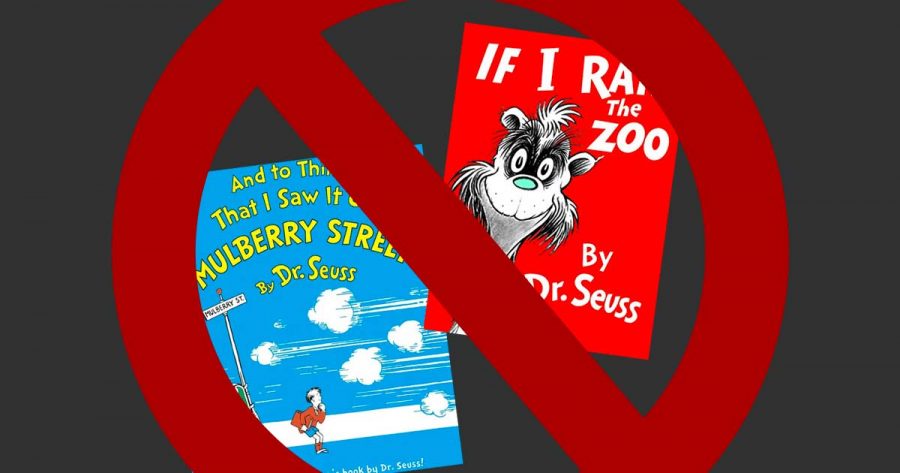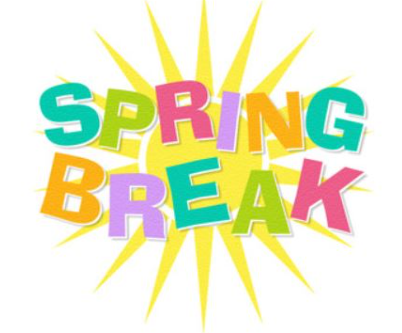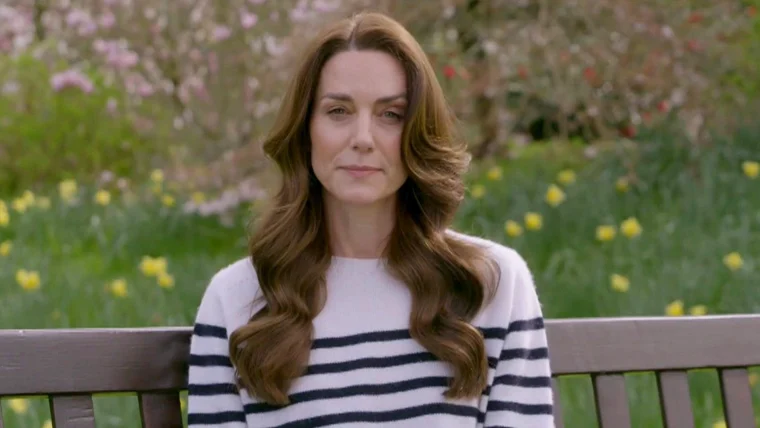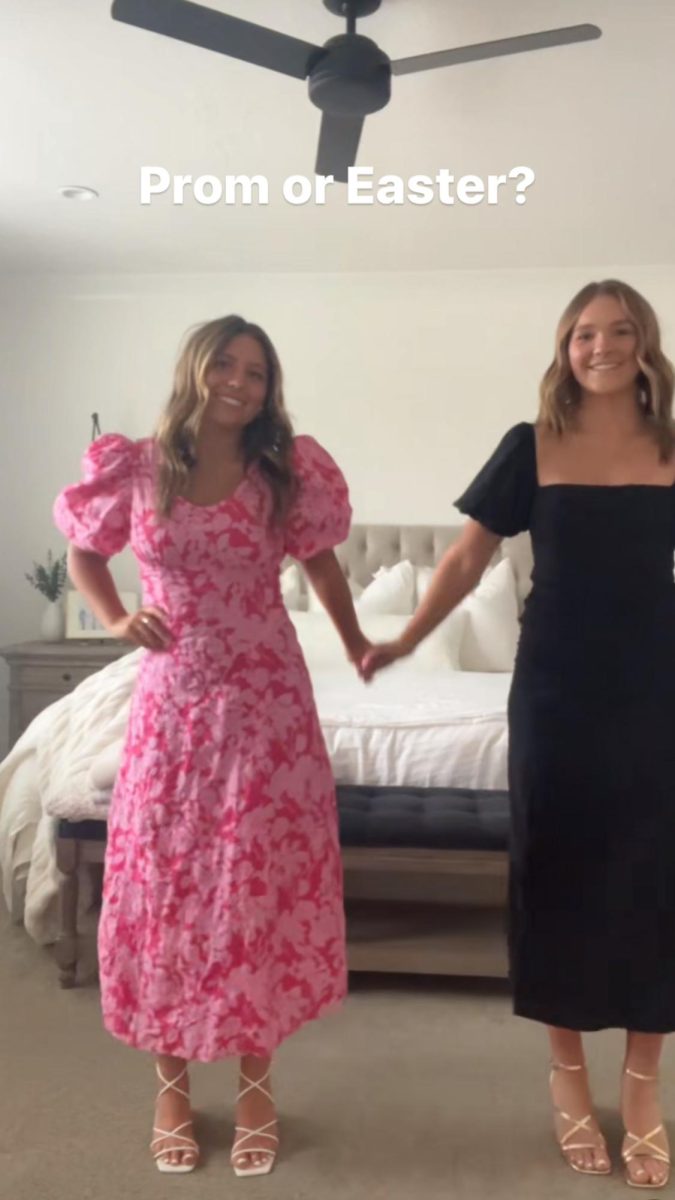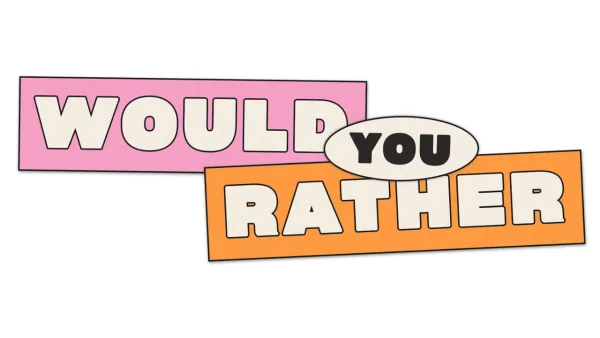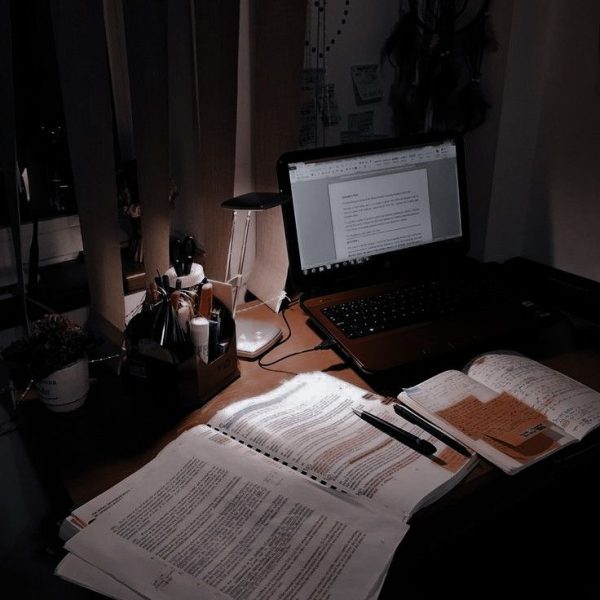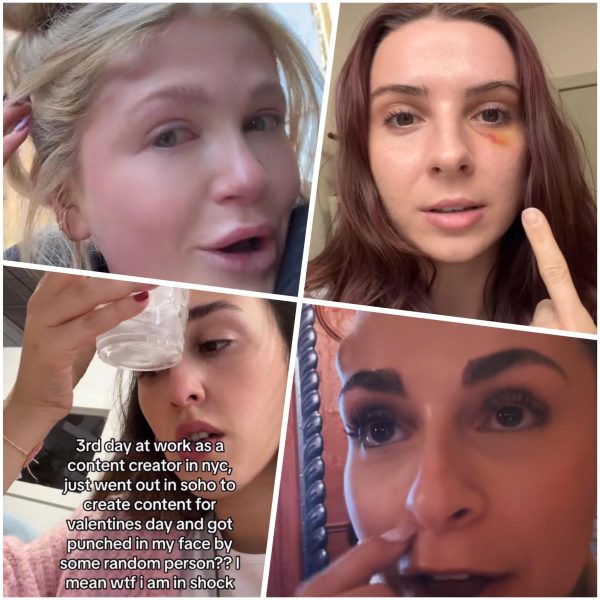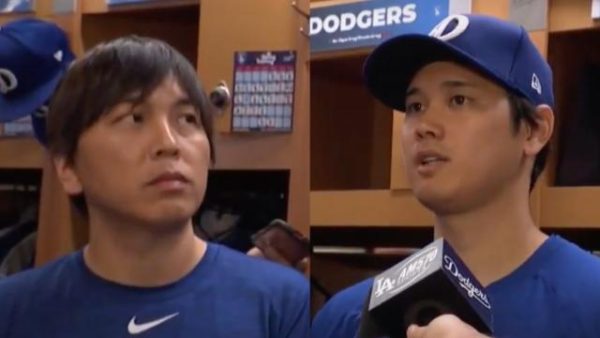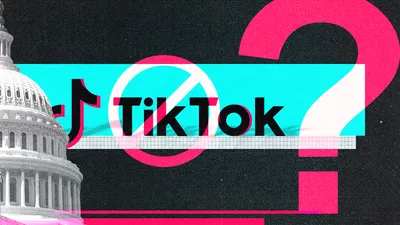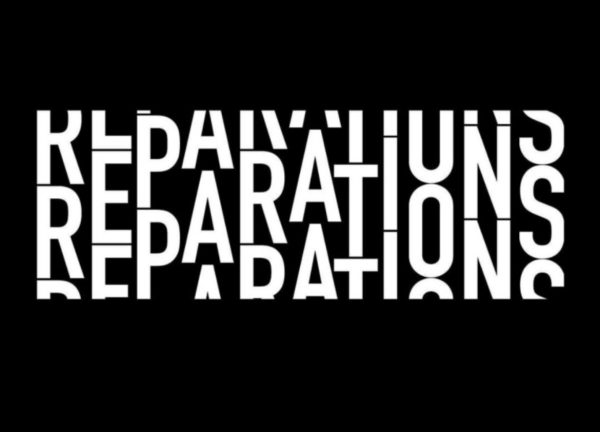Censoring Dr. Seuss
April 5, 2021
Dr. Seuss Enterprises reached the decision to cease the production and publication of six Dr. Seuss children’s novels due to their examples of racial stereotypes, including stereotypes of Asians and African-Americans. Public schools in Virginia became the first to not celebrate Dr. Seuss and his work. These 6 following books are the ones that are being scrutinized: “And to think that I Saw it on Mulberry Street”, “If I Ran to the Zoo”, “McElligot’s Pool”, “On Beyond Zebra!”, “Scrambled Eggs Super!”, and “The Cat’s Quizzer.”
Dr. Seuss Enterprises issued a statement to the Associated Press, reading “Dr. Seuss Enterprises listened and took feedback from our audiences including teachers, academics and specialists in the field as part of our review process. We then worked with a panel of experts, including educators, to review our catalog of titles…These books portray people in ways that are hurtful and wrong. Ceasing sales of these books is only part of our commitment and our broader plan to ensure Dr. Seuss Enterprises’ catalog represents and supports all communities and families”.
While some came out to defend Seuss’s work, it is evident that he displayed racist caricatures. For example, in “If I Ran the Zoo”, a little boy fantasizes about what he’d put in a zoo. The story is innocent enough until the boy begins to discuss people that he would put into his zoo. He discusses how he would put people of other countries into his zoo, likening them to wild animals. This is clearly infuriating and perpetuates racial stereotypes. “If I Ran the Zoo” also discusses the controversial issue of Colonialism and seems to celebrate it. “And to Think That I Saw It on Mulberry Street” and “Scrambled Eggs Super” both feature racist caricatures of Asian people, as they’re drawn with then eyes and buck-teeth, the most common way that Asians are stereotyped. With all the current unfortunate stigma surrounding the Asian community that has resulted in many hate crimes against Asians, it is the right decision to not celebrate or spread these offensive stereotypes. The censorship of Dr. Seuss’s novels became a source of controversy, with mostly far-right conservatives and anti-cancel culture advocates being strongly against the decision to censor the novels. It is not clear if these books will end up being banned in schools, libraries, or book stores, but Dr. Seuss Enterprises’s decision is a great step forward for combatting offensive racial stereotypes and making a positive advancement in our society.

